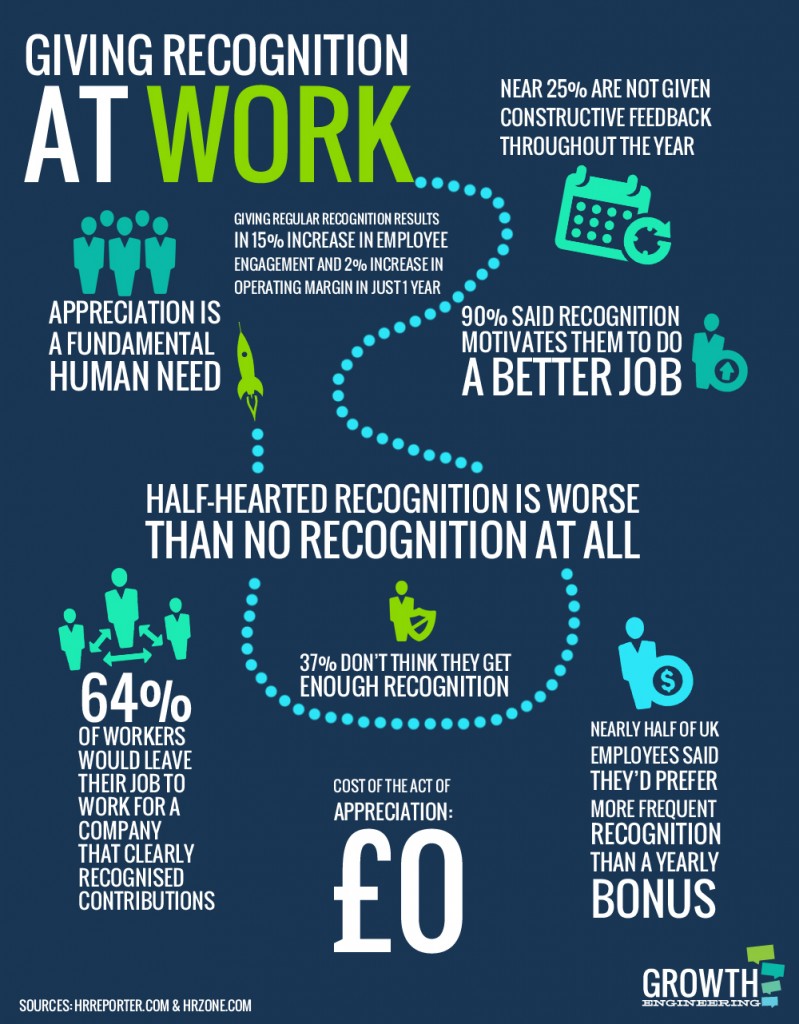Following my promise to comment on the role non-cash incentives can play in helping executives from all disciplines meet their business agendas, I offer the following comments on the issue of change–the importance that companies adapt to remain competitive and the role recognition can play in facilitating the workplace adjustment.
No matter what the business model, change seems to be a competitive corporate reflex. In a rapidly changing global economy where market conditions, buying expectations of customers, competitive forces, new product offerings and supporting business technologies are constantly changing, executive leaders must continuously find new ways to improve their company’s effectiveness and efficiency.
How should companies use recognition as a catalyst of workplace adaptability?
Organizations must ensure optimum economic performance, rapidly incorporate new systems or technologies, maximize dwindling resources, reduce fix and variable expenses, improve customer service to strengthen the bottom line. All of this translates into more innovative ways of gaining competitive advantage.
Recent surveys confirm that managers are using change initiatives to recalibrate the strategic direction of their organization at an increasingly frequent basis. Change is ubiquitous throughout corporate America with many enterprise leaders addressing strategic imperatives simultaneously; be they cost cutting initiatives, restructuring efforts, operational or marketing adjustments to catch up to rivals, or the dreaded corporate realignments.
The velocity of business in a digital age exasperates the need for speed and/or frequency of change. I’m not the only one who believes all sources of competitive advantage are temporary and companies that fail to adapt to new technology, fickle customer preferences, or shifting competitive influences can easily loose market traction. While many companies enjoy short term bursts of high performance over their lifetime, only a few sustain momentum over the long run.
So with the strategic imperatives so critical and with so much riding on success, why are today’s change initiatives more likely to fail than succeed? Why companies are reticent when it comes to use recognition as a great tool for speeding up the adaptability in the workplace?
Do let us know your thoughts on this in the comments below. Also, stay tuned since more workplace recognition articles are going to be added soon!

Leave a Comment